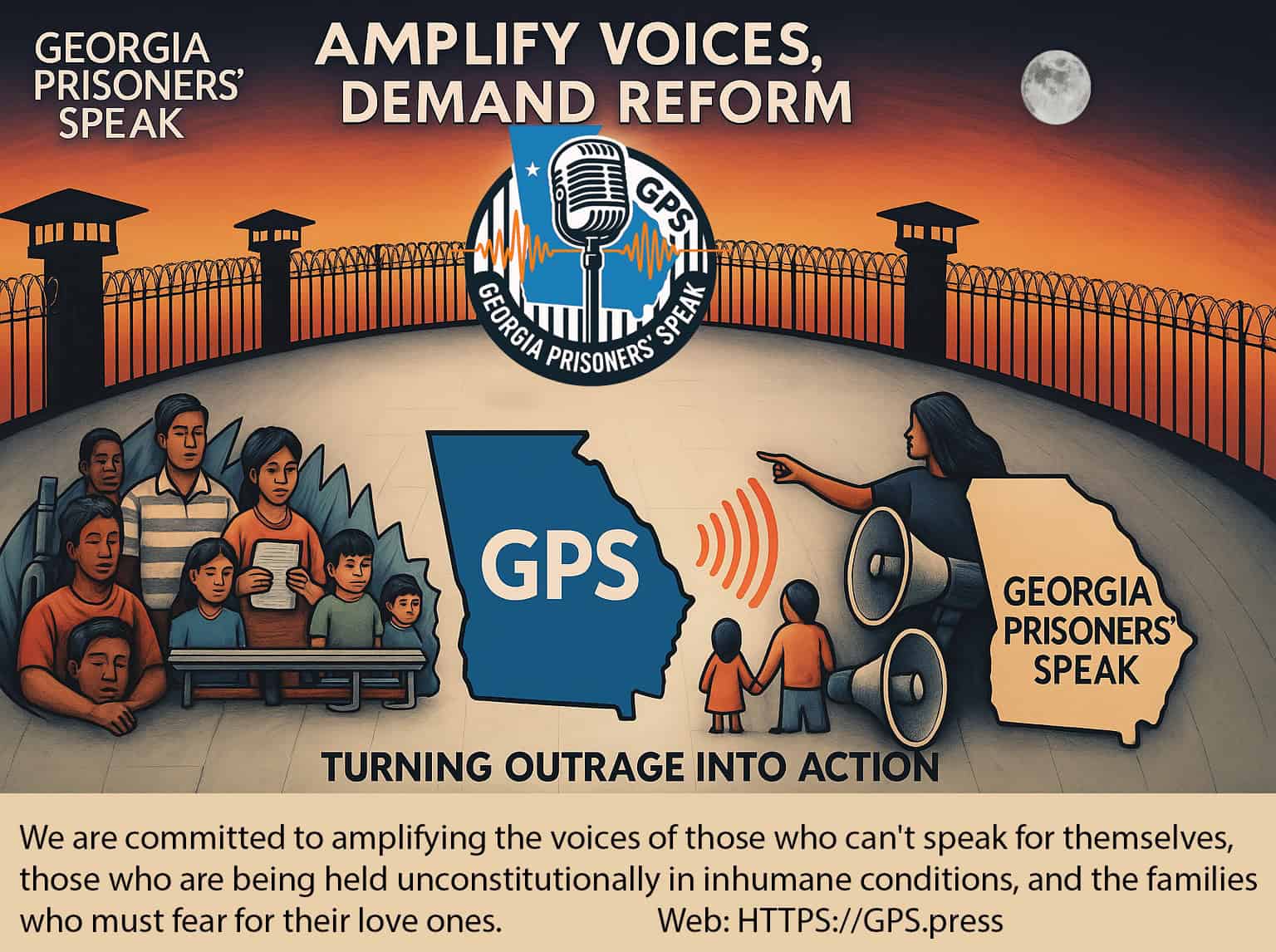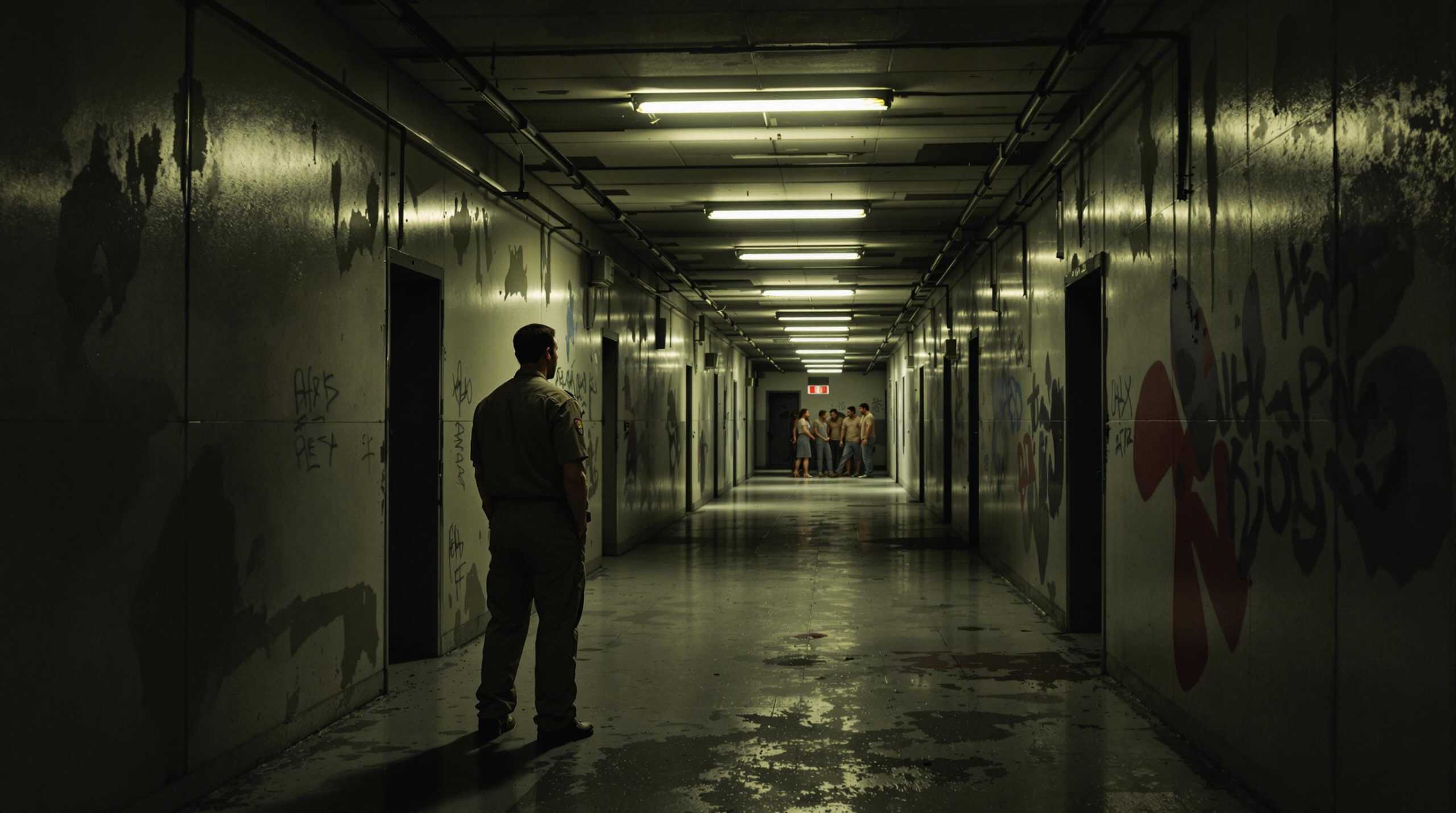Georgia’s prison budget is $1.5 billion. Over 140 homicides since 2018. Staff vacancy rates exceed 70%. Violence increased 400% from 2018 to 2023—from 7 homicides to 35. Taxpayers fund emergency medical care, legal settlements, and investigations while conditions deteriorate. Georgia doesn’t have a prison budget problem—it has a prison management catastrophe. Money goes in; deaths come out. 1
Where the Money Goes
$1.5 billion produces:
- 70%+ vacancy rates—in multiple facilities
- Gang-controlled prisons—staff shortages enable organized crime
- Black market operations—running inside prison walls
- Rising violence—400% increase in homicides
The budget exists. The oversight doesn’t. Money disappears into a system that produces only failure.
Hidden Costs
Taxpayers pay beyond the official budget:
- Emergency medical care—from preventable injuries and violence
- Legal settlements—civil rights lawsuits pile up
- Investigation expenses—DOJ and state probes
- Emergency security—lockdowns and crisis response
The DOJ found Georgia prison officials “deliberately indifferent” to conditions. Deliberate indifference costs money in lawsuits and settlements.
The Violence Crisis
Budget mismanagement produces casualties:
- 7 homicides in 2018—baseline year
- 35 homicides in 2023—400% increase
- 100+ homicides in 2024—preliminary data
- December 2023—five homicides across four facilities
A young man was stabbed to death in a barber shop at Central State Prison. This is what budget mismanagement looks like. 2
Community Impact
Prison failure spreads beyond walls:
- Families traumatized—by violence and lack of information
- Communities endangered—unprepared releases increase crime
- Public assistance dependency—incarceration destroys family finances
- Generational cycles—poverty and incarceration reinforce each other
Georgia taxpayers fund a system that makes communities less safe.
Take Action
Use Impact Justice AI to send advocacy emails demanding prison budget accountability in Georgia. The free tool crafts personalized messages to Georgia lawmakers—no experience required.
Demand:
- Independent oversight of prison spending
- Accountability for budget allocation
- Adequate staffing funding
- Transparency in prison finances
Further Reading
- $700 Million More—And Nothing to Show for It
- Corruption Unchecked: How Mismanagement Fuels Georgia’s Prison Crisis
- GPS Informational Resources
- Pathways to Success
About Georgia Prisoners’ Speak (GPS)
Georgia Prisoners’ Speak (GPS) is a nonprofit investigative newsroom built in partnership with incarcerated reporters, families, advocates, and data analysts. Operating independently from the Georgia Department of Corrections, GPS documents the truth the state refuses to acknowledge: extreme violence, fatal medical neglect, gang-controlled dorms, collapsed staffing, fraudulent reporting practices, and unconstitutional conditions across Georgia’s prisons.
Through confidential reporting channels, secure communication, evidence verification, public-records requests, legislative research, and professional investigative standards, GPS provides the transparency the system lacks. Our mission is to expose abuses, protect incarcerated people, support families, and push Georgia toward meaningful reform based on human rights, evidence, and public accountability.
Every article is part of a larger fight — to end the silence, reveal the truth, and demand justice.


1 thought on “A Budgetary Black Hole: The True Cost of Neglecting Georgia’s Prisons”